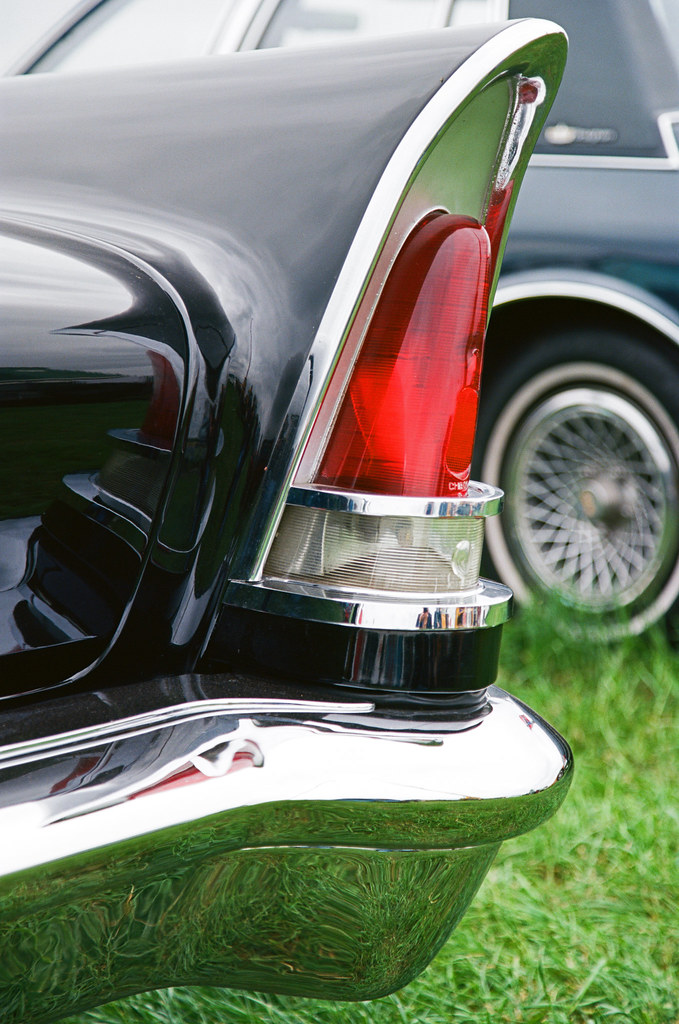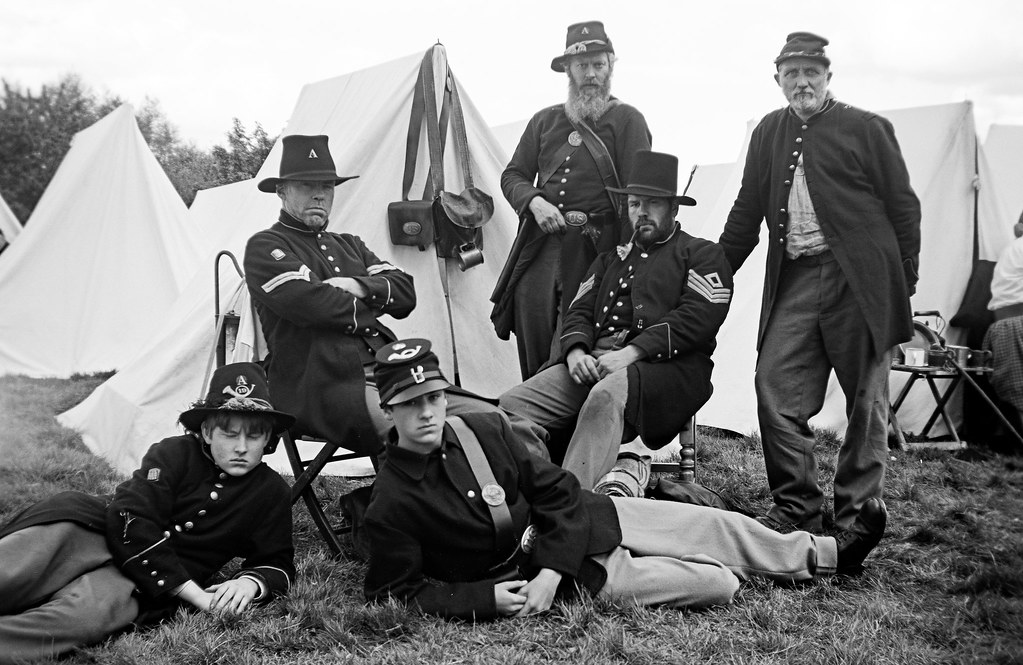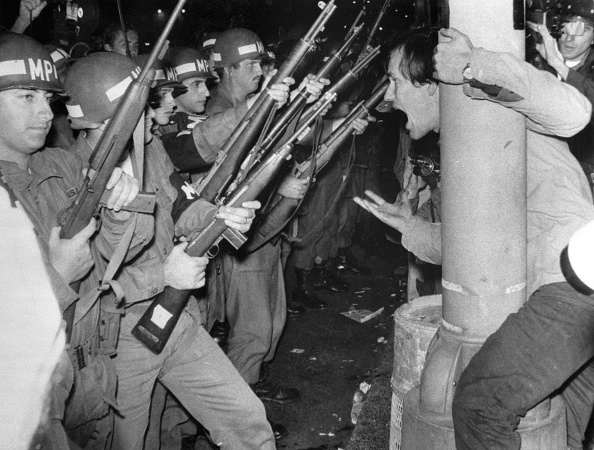@Garry Edwards I didn't have time to reply properly last night, so just put up a comparison shot for you to have a look at. I think film had perhaps come on a bit since you last used it, or perhaps film scanning has? If you want to give your Nikon F100 a try then I'd suggest you get a roll of Kodak Ektar 100 and use it in sunny conditions (the sort of conditions that would have favoured Kodachrome 64), then let us know and we can suggest a couple of film labs for you to send it to, which shouldn't cost you a fortune for a develop and scan service. For black and white, then try Fuji Acros 100 II, as that's a nice fine grained film that should give you lots of detail.
From your avatar it looks like you are something of a countryman, if so, then comparing a film camera to a digital camera is probably similar to comparing a split cane fly rod to a modern carbon fibre one. Yes, the modern rod will cast a line further and more easily than a cane rod and it weighs less, but if trying to present a dry fly gently at lesser distance then a good-quality cane rod will still do the job very nicely indeed.... and, when you hook a fish, you will be able to feel every kick and movement from it right down to the palm of your hand. Which doesn't happen to the same extent with a carbon rod. For rods below 9ft 6in (where the weight of a cane rod becomes less evident) a split cane rod is still very usable and enjoyable to fish with, in the right circumstances. I have digital and film cameras and enjoy using both. I also have carbon and cane fly rods, and enjoy using both. To be honest, I think I have more actual
fun and satisfaction using these old 'obsolete' items. However, I wouldn't want to have to use a film camera professionally every day (unless as a niche market, costed and charged out accordingly), that's a job for a modern digital camera, which gives you immediate results to check, and you can take hundreds of shots with for no real cost (other than wear and tear on the camera). So it's horses for courses really; I think most people who have a classic car also have a modern car for every day use. For me, that's how it is with cameras... and fly rods.



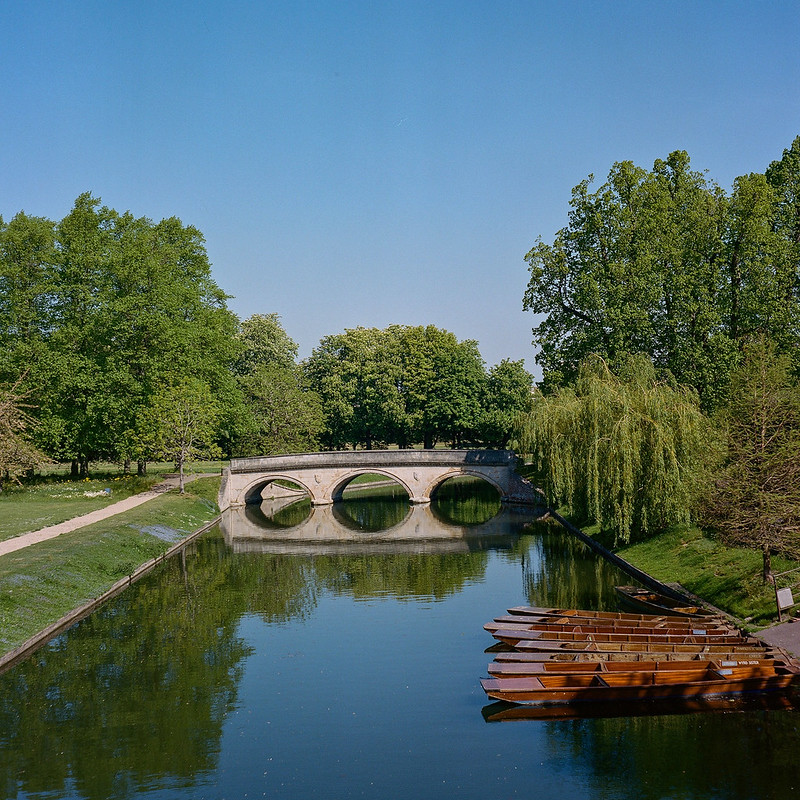 DF0F6E11-9253-4C5F-8201-F4DF65E99601
DF0F6E11-9253-4C5F-8201-F4DF65E99601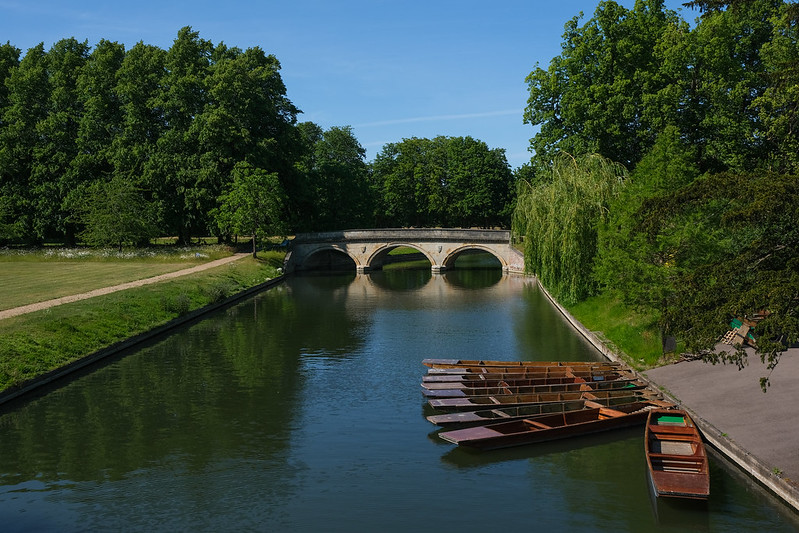 E9B2471B-E76D-4FF4-BD25-460E0E811BCD
E9B2471B-E76D-4FF4-BD25-460E0E811BCD